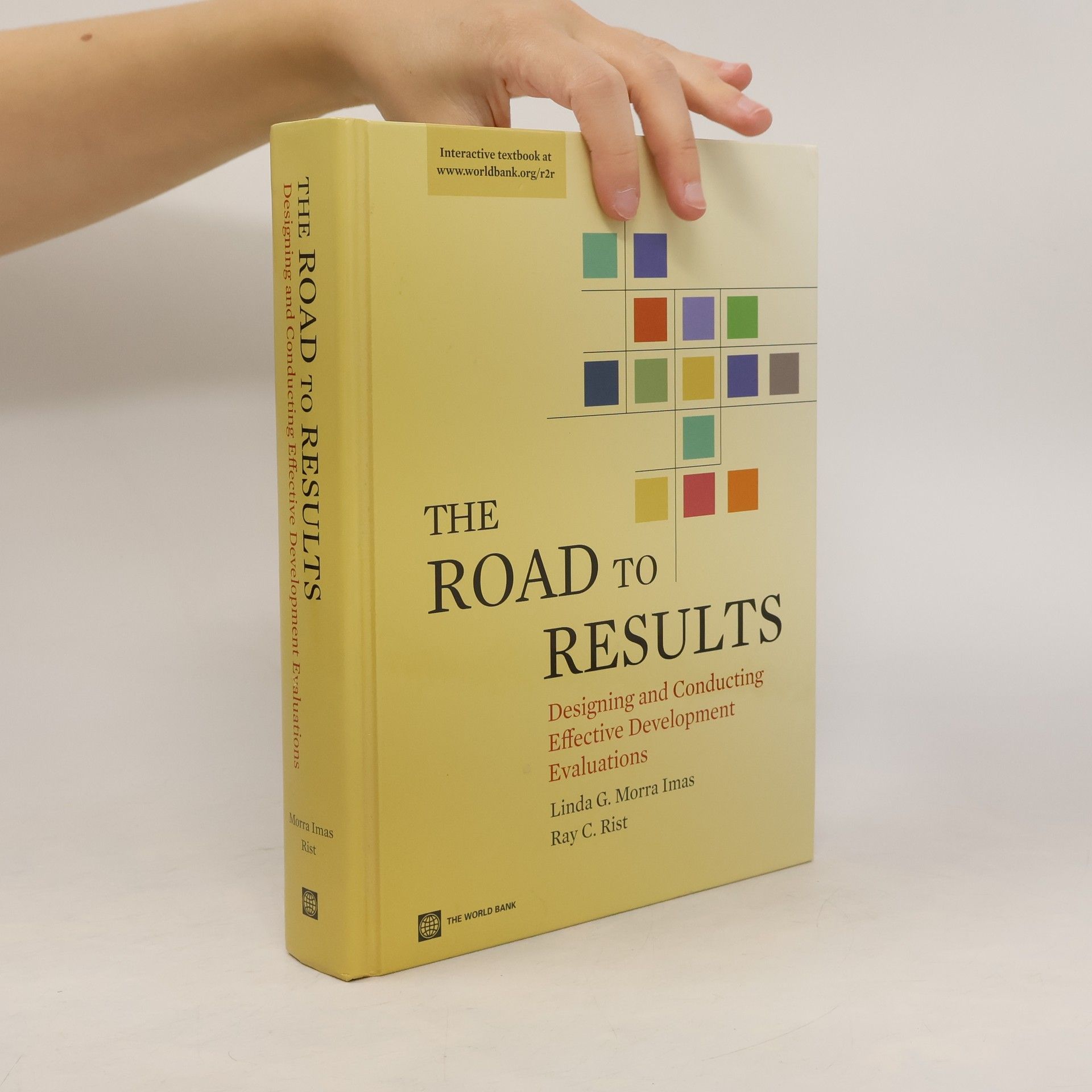This text presents concepts and procedures for effective evaluation in a development context. It offers guidance on setting up monitoring and evaluation systems, conducting participatory evaluations, and employing quasi-experimental designs to address impact questions. Beginning with the evolution of development evaluation, it highlights current issues such as the Millennium Development Goals and the shift from basic project evaluations to more complex assessments. Key themes include implementing Results-based Measurement and Evaluation and constructing a Theory of Change. The authors guide readers through the evaluation process using a Design Matrix, which aids in mapping out the overall approach, formulating questions, selecting designs, developing data collection instruments, choosing sampling strategies, and planning data analysis for qualitative, quantitative, and mixed methods. Additionally, the text covers managing evaluations, presenting results, and ethical considerations, including principles, standards, and guidelines. The final chapter looks ahead to the future of development evaluation. This comprehensive resource serves as an essential tool for practitioners in the field.
Ray C. Rist Knihy
